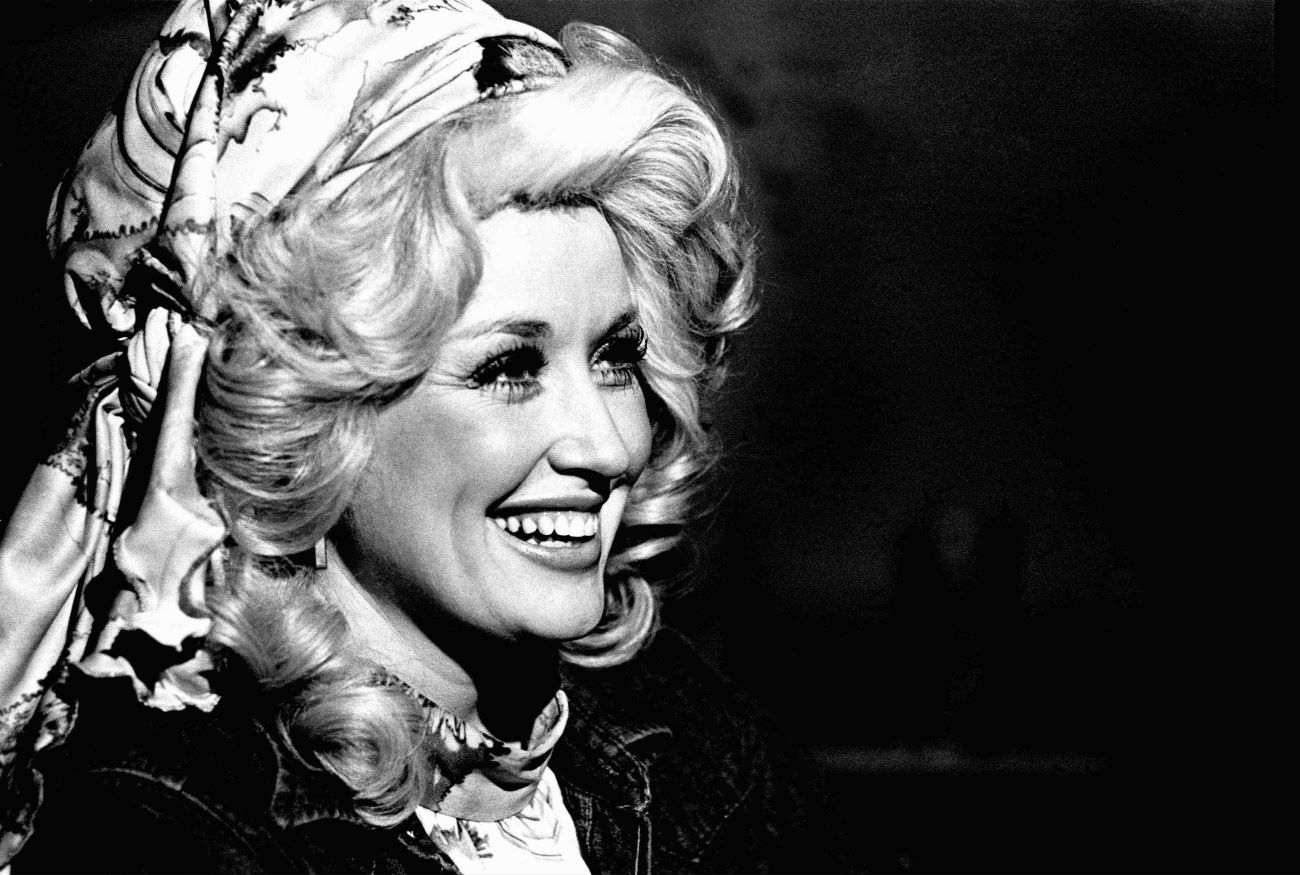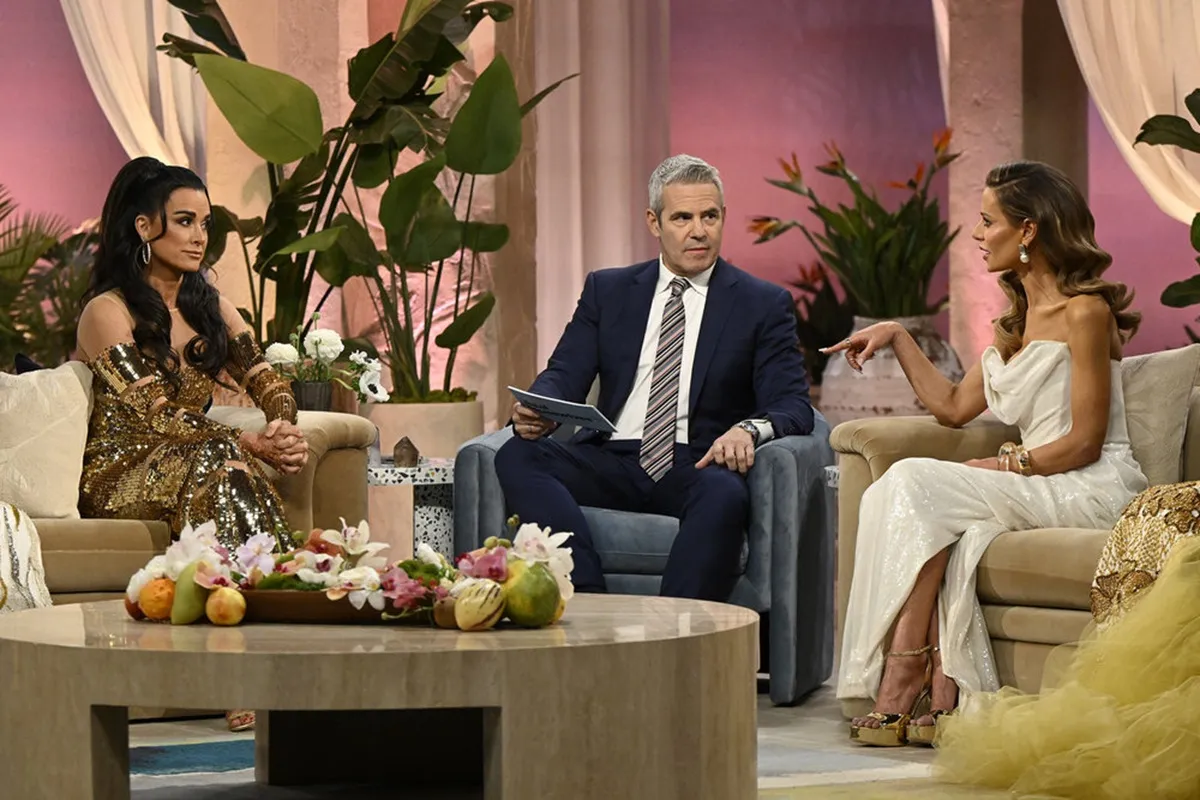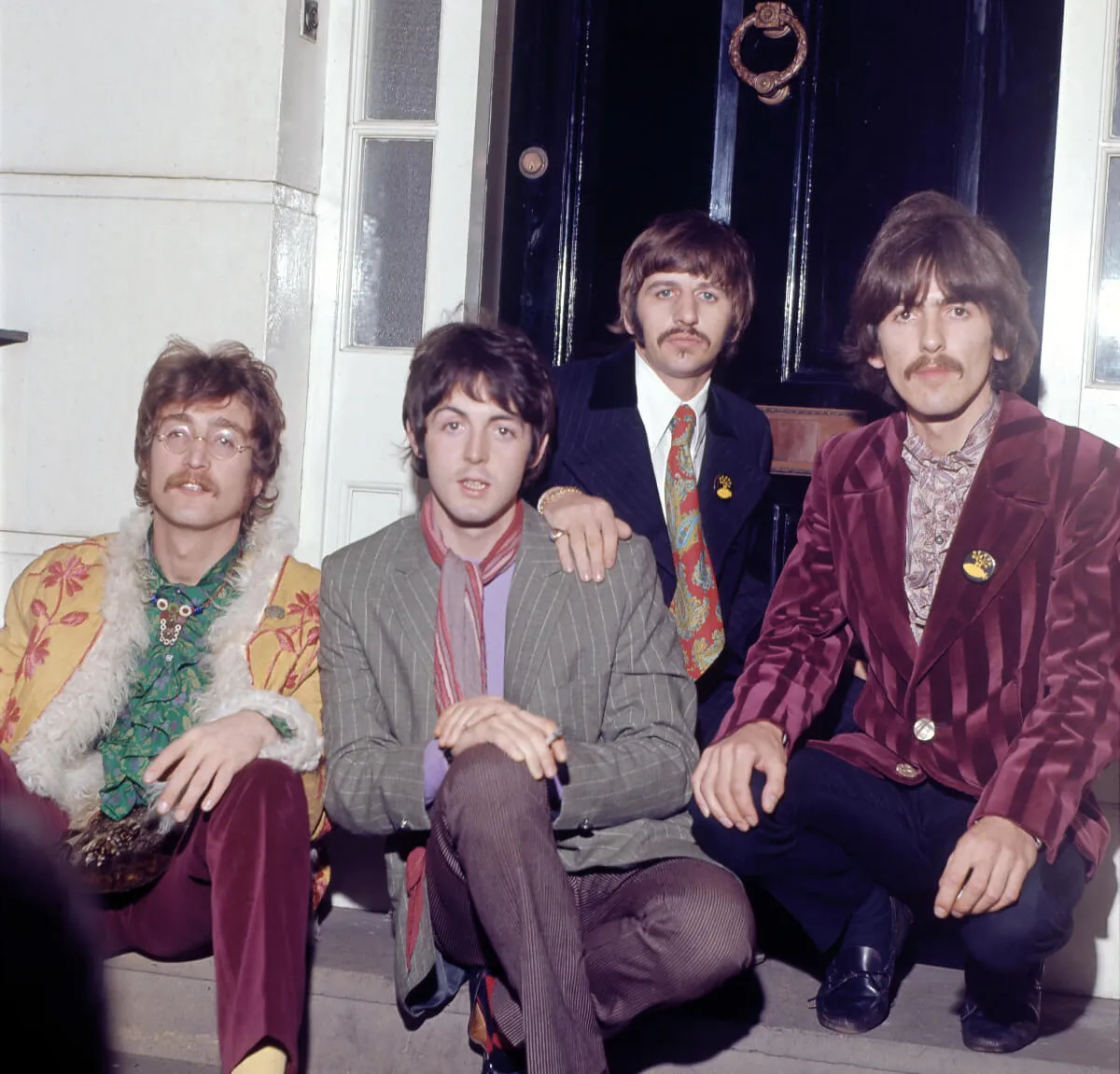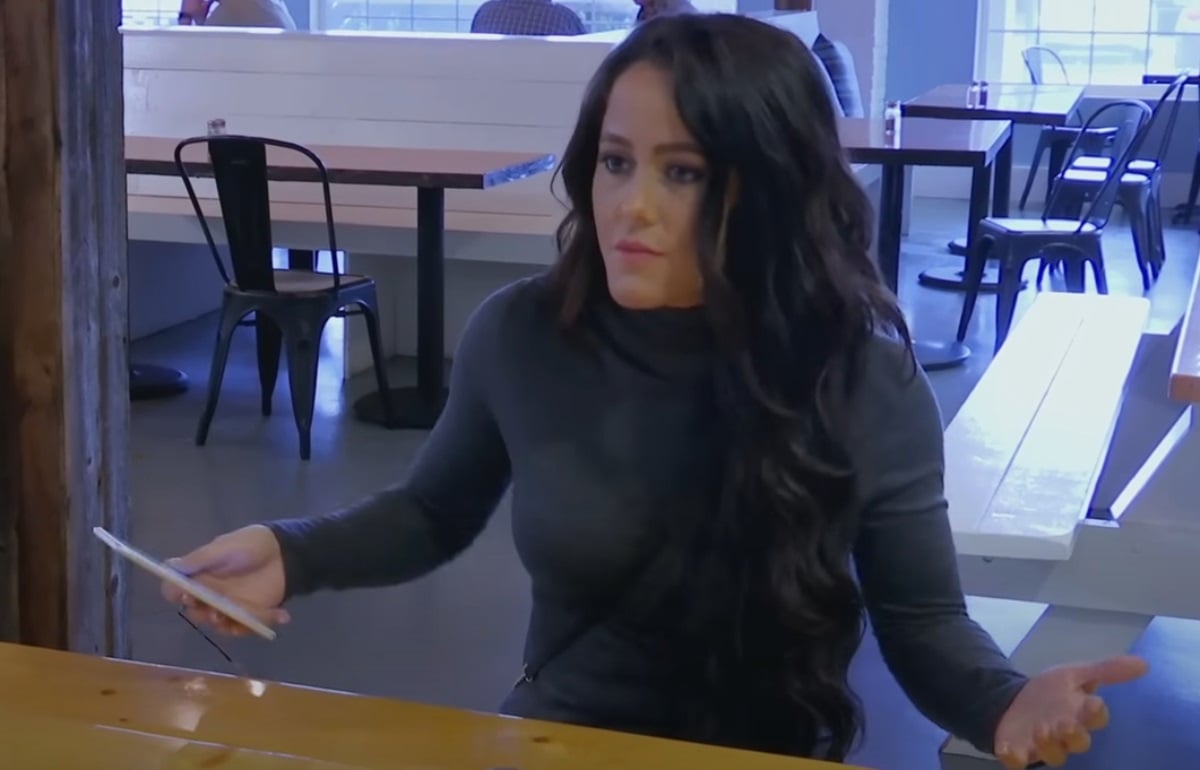Dolly Parton Revealed the Only Type of Tabloid Coverage That Upsets Her
Since she rose to fame, Dolly Parton has graced many a supermarket aisle via the cover of a tabloid magazine. While some tabloid stories about Parton flirted with the truth, others were entirely fictitious. For the most part, that didn’t bother her. To Parton, there is no such thing as bad publicity. There was one type of story that she didn’t like, though. She explained why coverage about her health upset her.

Dolly Parton was often the subject of tabloid stories
Parton has been the subject of many rumors, ranging from speculation about plastic surgery to potential affairs. She takes all of these in stride. She even avoids confirming or denying stories about affairs, even though she’s been married for decades. Rumors, particularly ones about romance, help sell albums and movies.
“When I was on her tour, there was a headline that she and I were romantically involved,” Billy Ray Cyrus told Closer Weekly. “My manager took me to meet her for the first time, and I said, ‘I’m so sorry.’ Dolly looked me straight in the eyes and said, ‘Honey, that s*** sells records!'”
Dolly Parton shared the only type of tabloid coverage that upset her
Parton explained that, for the most part, she never let tabloid coverage upset her. In 1992, for example, many tabloids wrote about her breasts.
“I set myself up for a lot of it,” she told The Province. “I’m very famous for the boobs, and I certainly don’t do anything to hide them. That makes me appealing on a cover, especially now with this silicone scare. With the way I look, I’m going to be the one that they put on the cover and say those things about, whether it’s true or not.”
While she didn’t let this type of coverage faze her, she didn’t like it when magazines speculated — or outright lied — about her health.
“The only time I do get a little concerned about what the tabloids say is when it involves an issue like this that’s so important to women,” she said. “A lot of people don’t know the difference between the real press and the tabs and they believe that I’m sick.”
Her primary concern was for any of her fans who might believe the coverage.
“When you’re a celebrity, you have millions of fans and you’re like a member of the family,” she explained. “They get afraid when you’re ill. They think you’re going to die and they don’t want to lose you.”
Overall, though, she didn’t fully understand all the tabloid speculation about her life.
“I don’t know why, but the tabloids find me mysterious and intriguing, which is kind of silly because I tell everything I know,” she said. “What’s so mysterious about that?”
She didn’t like a type of writing style either
Coverage that speculated about her health upset Parton, but she was also no fan of a certain writing style. In interviews, some journalists would use phonetic spelling to depict her Southern accent.
According to the book Dolly on Dolly: Interviews and Encounters With Dolly Parton, edited by Randy L. Schmidt, “these stabs at phonetically sounding out Dolly’s speech patterns irritated her. When writer Gerri Hershey showed her a piece by a writer in Green Bay who quoted Dolly as saying ‘Ah’ for ‘I,’ Dolly became livid and exclaimed, ‘She tried to make me sound like a country bumpkin!'”


